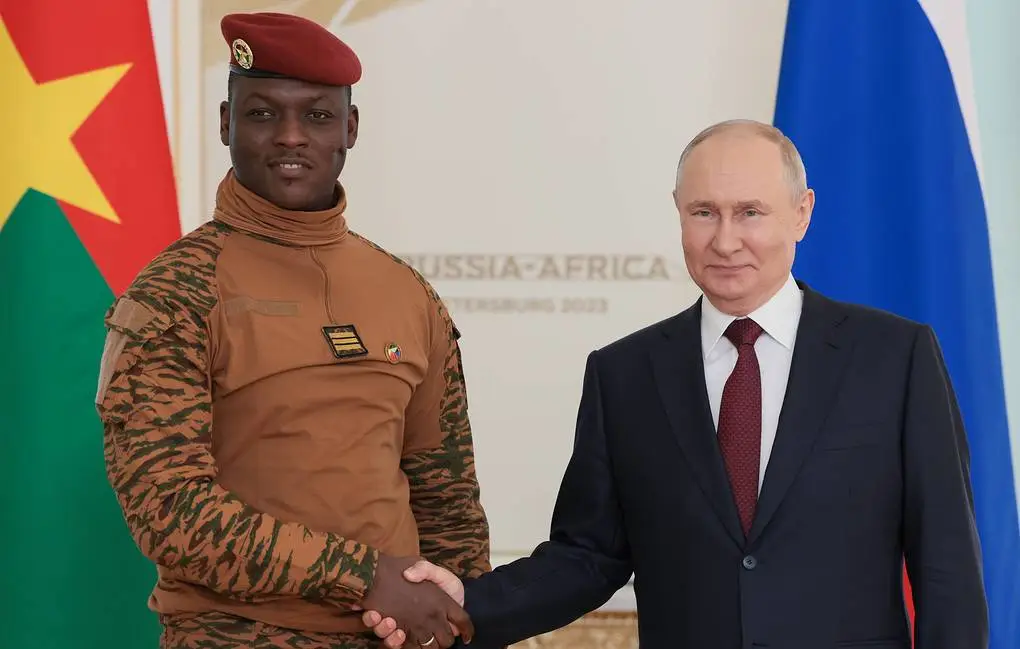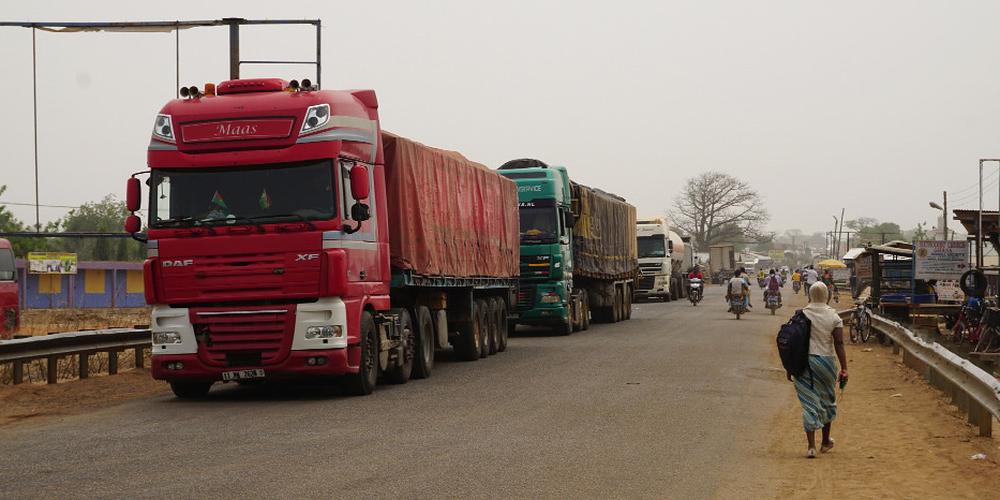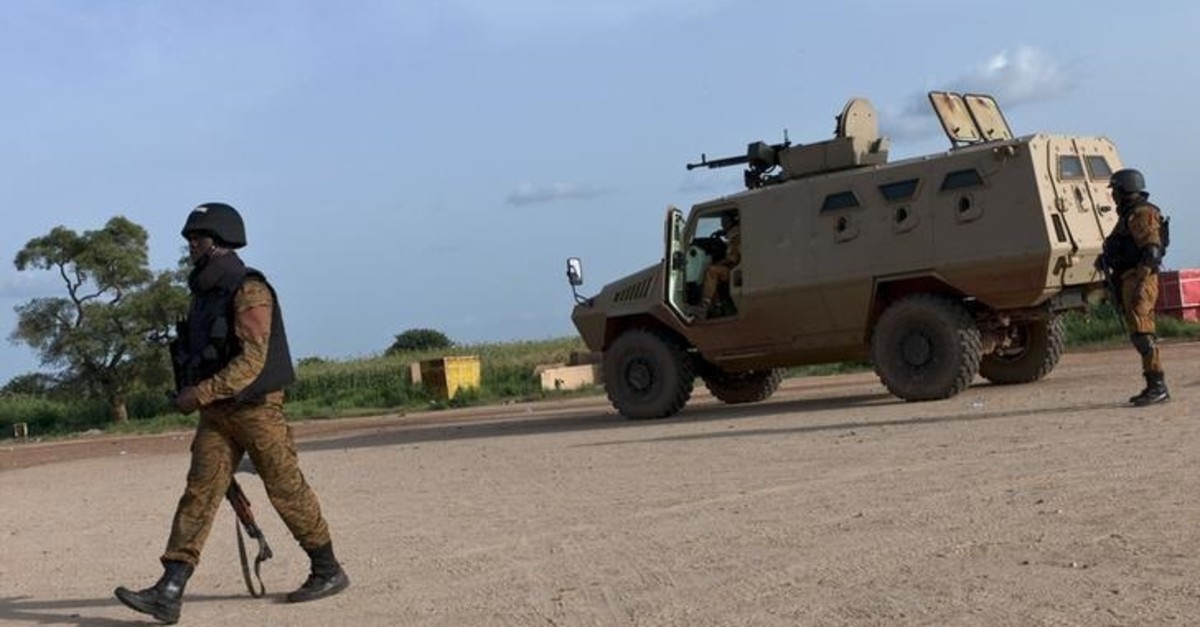After nearly 32 years without a diplomatic presence in Burkina Faso, Russia has announced the opening of its embassy in the capital Ouagadougou, in a move that marks a significant milestone in the relationship between both countries following an October deal to construct a nuclear power plant in the West African country.
On Thursday, Russia reopened its embassy in Burkina Faso after it was closed in 1992, owing to Russia’s disinterest in the continent at the time, following the end of the Cold War. Alexei Saltykov, Russia’s ambassador to Ivory Coast, described Burkina Faso as “an old partner with whom we have solid and friendly ties” and added that he would lead the mission in the landlocked West African country until a new ambassador was selected. “These relations are traditionally based on the principles of trust and mutual respect,” Saltykov also noted. But the two countries never ceased cooperation in political, economic spheres, says Burkinabe Prime Minister Apollinaire Joachim Kyélem de Tambèla.
In 2022, Burkina Faso experienced two military coups, both of which were triggered in part by discontent at failures to stem a raging jihadist insurgency. Since coming to power in September 2022, the ruling junta has distanced itself from France – its historic partner and former colonial power – and moved closer to Russia. In October, Ouagadougou signed a deal with Russia for the construction of a nuclear power plant to increase the energy supply to the Sahel country where less than a quarter of the population has access to electricity. Russia has in recent months been on a deliberate path to boosting its influence in Africa, with a focus on West Africa and the Sahel. The opening of the Russian embassy in Burkina Faso is seen as being part of this process.



